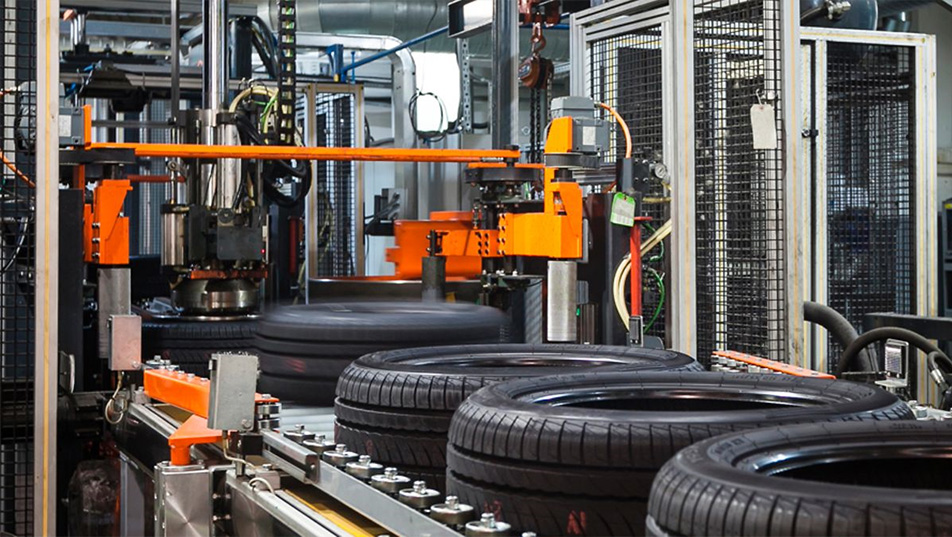Industry 4.0 Advanced Analytics
Statistical quality control in Manufacturing
Control of the production process, its optimization and increasing customer satisfaction.
Our experience and expertise to provide tools extensive and in-depth quality control (Statistical Process Control).
Our experience and expertise to provide tools extensive and in-depth quality control (Statistical Process Control).
Improving the quality of products and services requires more than just identifying problems. Solutions must be found to correct the problems. With complex processes, it is necessary to understand how the exit from one phase affects the next, and finally how it affects the overall quality.
The need for increasingly complex analysis, even in apparently simple industrial environments, makes it necessary to use analytical methods defined as Advanced SPC, for the identification of maintenance anomalies, or models for Predictive Quality and Predictive Maintenance.
Our Data Scientists team is able to provide a wide range of specialized tools for quality control of production processes that will help you identify and understand the sources of variation, allowing you to improve products, optimize the process and increase customer satisfaction.
Quality does not cost
Doing things well does not add any cost to the production of goods and services. On the contrary, it is not doing it well that it costs
Solutions for Statistical Quality Control
Of the process
Production engineers interested in managing the variability of a process can use control charts as well as control charts (control charts). Variations that exceed the control limits are an alarm of a change in the production process; Shewhart graphs for variables, Cumulative sum control charts and moving average charts are all useful tools in production statistical control.
Of the product
Among the tools used in product quality improvement activities are: control charts, Pareto diagrams, Ishikawa diagrams, flow charts, histograms, scatter charts and control charts. The aim is to understand the importance of differences caused by a certain phenomenon. Correlation analysis is used to study the link between defectiveness and product performance data.
Benefits
- Manage large volumes of data from multiple processes for an overview of the production environment and quality control, regardless of the data source and the calculation platforms used.
- Monitor multiple processes and integrate a wide variety of data, obtaining a more complete picture of the actions taken to improve quality.
- Go beyond monitoring to identify the root causes of problems. It is not enough to understand that you have a quality problem, but you have to find the cause of the problem.
- Besides simple process control, we provide complex statistical analysis - with the aim of creating more efficient and cost-effective processes.
Our experience
We at Interlem have a solid experience in the sector, the result of important collaborations with leading international companies in their sector.
We have dealt with both statistical control of the finished product and process control itself.
A statistical model at the service of Quality Control
The case of tyres
Starting from the collection of field data, the developed solution analyzes the production of more than 100 references from numerous production lines and correlates the cases of defects with the machinery and operators involved in the process.
Analytics for Quality Control of Production Processes
The case of cables for the transport of energy
Interlem has created a reporting system that, starting from the field data, directly collected by the production machinery, allows the analysis of over 90 variables related to the production process (temperature, pressure, power, etc.)with methods of statistical process control.





